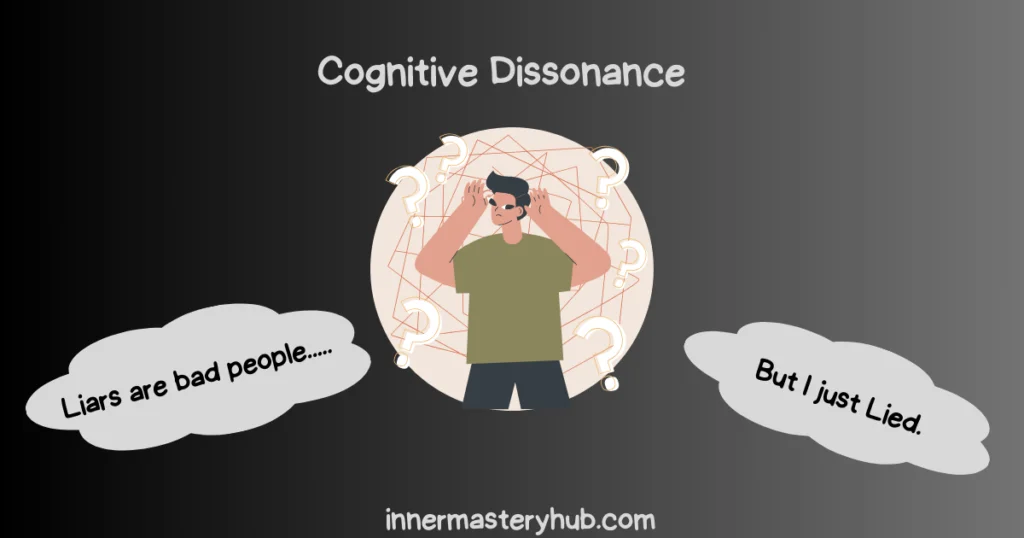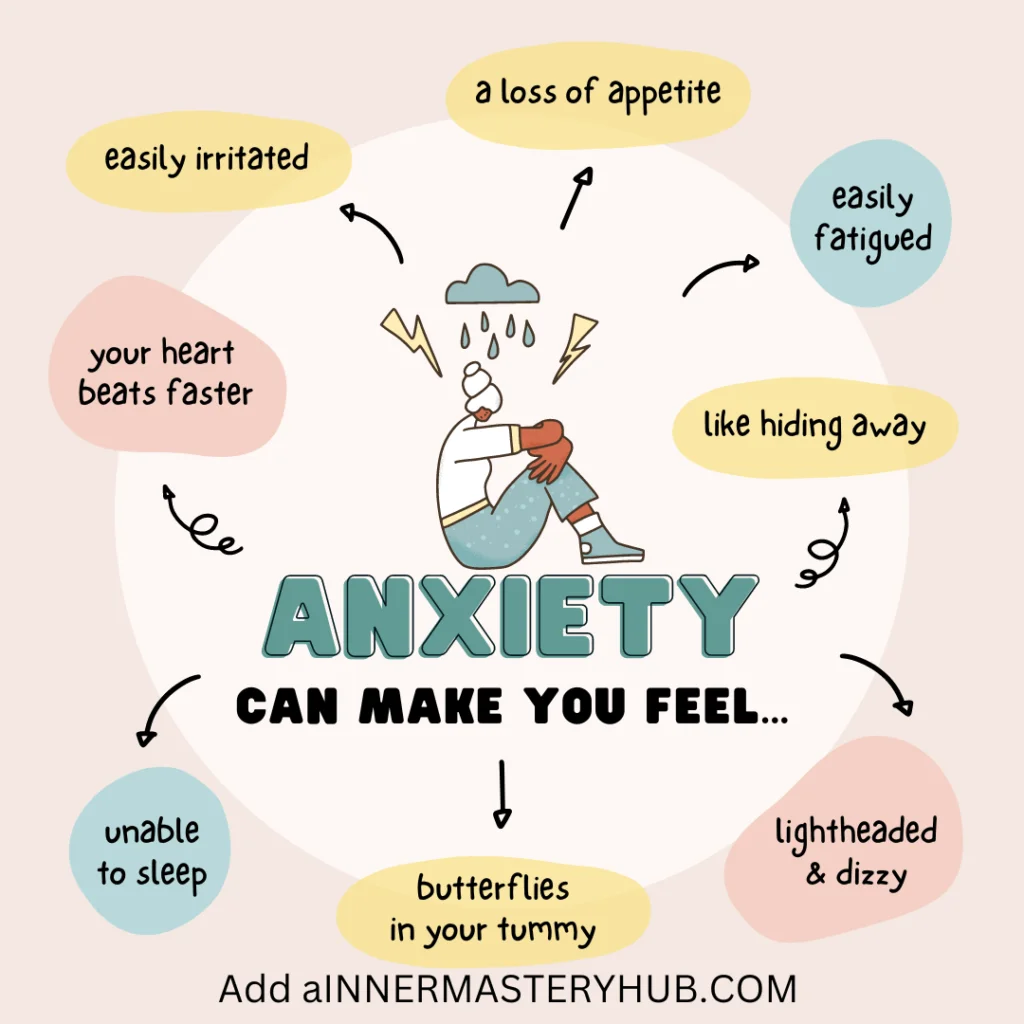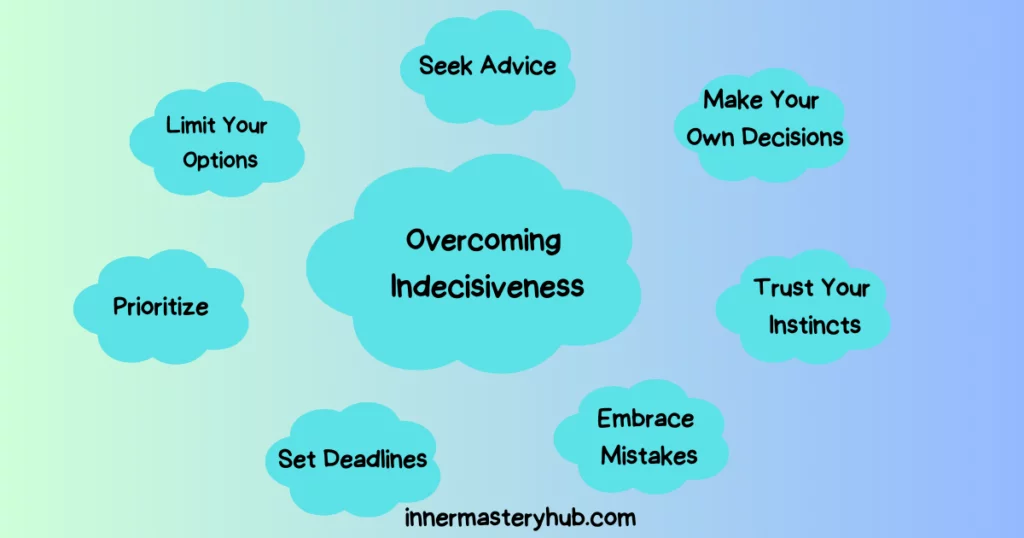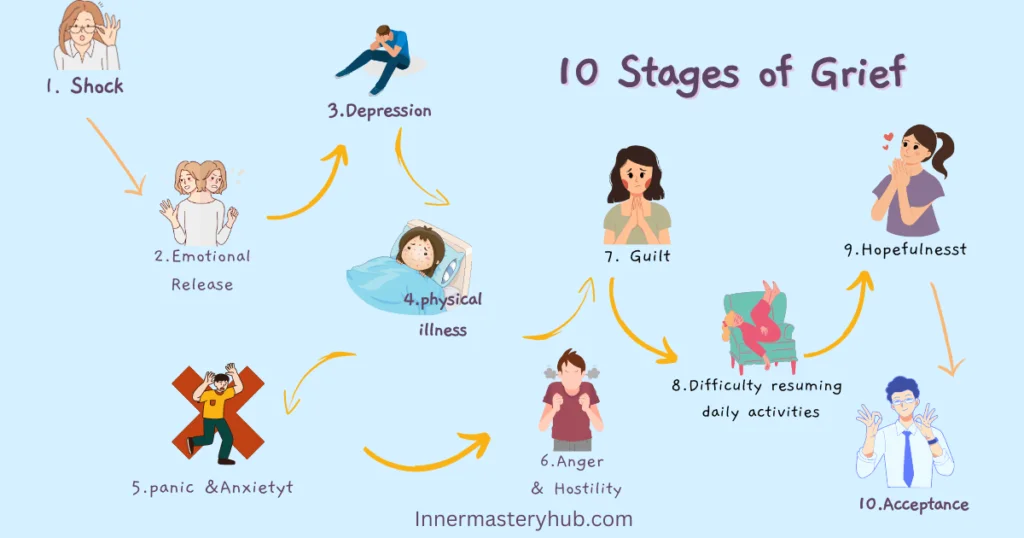
Adults who are under a lot of stress or who are having emotional problems may act and react like children. A person’s everyday functioning and mental health may be significantly impacted by a condition known as emotional regression. We will look in this article at the specifics of emotional regression in adults to identify common triggers and provide practical solutions.
Table of Contents
The Reality of Emotional Regression in Adults
Despite being frequently disregarded, emotional regression is a serious issue that many people deal with, impacting their relationships, jobs, and general mental health.
Adult emotional regression is the momentary return to a childlike emotional state, frequently triggered by stressful or overwhelming situations. This may show up as withdrawal, dependency, tantrums, and other typical childhood behaviors.
Emotional regression is a severe problem that a lot of people face, affecting their relationships, employment, and general mental health despite being often overlooked.
An example of this might be Jane, a 35-year-old project manager, who, for the first time since she was in school, would find herself sobbing excessively and looking to her colleagues for approval over small critiques at work. These incidents demonstrate how regression may abruptly upset adult life.
The Impact and Strain of Emotional Regression in Adults
Emotional regression has major consequences. Regression in adults can result in a vicious circle of stress and additional emotional instability because they may feel powerless and ashamed of their incapacity to regulate their emotions.
Furthermore, the problem is not limited to individual suffering. Relationships frequently weaken as a result of partners or family members finding it difficult to comprehend or deal with the regressive actions.
The marriage may be strained if Tom, a 40-year-old man who is typically stoic, reverts to youthful disobedience and obstinacy during disagreements with his spouse.
Signs You Might Be Emotionally Regressing
Take note of how you respond to stress first. Emotional regression may be noticeable if you start acting like a child and have tantrums, withdraw, or need a lot of confirmation. Additionally, search for trends. Do you respond in ways not typical of your mature self when you’re under a certain kind of stress? It’s a typical indicator.
How to Proceed if You’re Regressing
Knowing the issue is half the fight. It’s time to take action once you’ve noticed these signs.
Speak to Someone Communicating your emotions is necessary. A family member, friend, or therapist can provide support and insights.
Think About Your Triggers Knowing what sets off your regressive behaviors will help you prepare better responses or steer clear of certain circumstances.
Take care of yourself. Make recreation and wellbeing-promoting activities a priority. Do whatever it is that gives you stability, whether it’s yoga, walking, or reading.
Get Expert Assistance Seeking help from a mental health expert can be quite helpful if emotional regression is interfering with your daily life. They can offer you strategies that are specific to your needs.
Maintaining emotional control and leading a more balanced life can be achieved by identifying the symptoms of emotional regression and implementing proactive measures.

Common Causes of Emotional Regression in Adults
The number one item on the list is stress. Adults under a lot of stress may return to their old coping strategies. After that, unresolved childhood trauma may be a significant factor. Unresolved conflicts from the past may cause regressive patterns when challenged.
Finally, adults who experience significant life events like divorce or losing their jobs may feel vulnerable and more prone to regress.
Addressing Emotional Regression in Adults
Here are a few simple actions to help prevent emotional relapse.
Keep track of when and why you regress. Identifying patterns and triggers can be helped by journaling.
Create healthy coping mechanisms for stress. Meditation, hobbies, or physical activity could be used to achieve this.
Please don’t do it alone. Discuss your situation with family members or friends. They can provide perspective and support.
A safe place to work through old experiences and explore your feelings is therapy.
Understanding the reasons behind emotional regression and taking action to address them will help you regain control and live a better life.
Imagine yourself mature and kind at your current age, and tell your younger self that you will now be taking charge.
Until you succeed, pretend. That is, try your best to react in a way that isn’t necessarily consistent with your emotional state.
Try to keep your thoughts private because no one else can see what’s going on inside your head.
If you feel that your perspective is off, make it a rule in your life to not do or say much.
Conclusion
emotional regression in adults is a complex issue that needs to be understood and addressed. By acknowledging the issue, obtaining professional help, and using optimal coping mechanisms, people can control their emotional regression and live more stable, healthy lives.
Additionally, helping those impacted by this often mistreated illness requires public understanding and support.
By addressing emotional regression honestly and with empathy, we open the door to improved mental health and a deeper understanding of adult psychological issues, which builds a society that is more resilient and helpful.
RELATED ARTICLES
Why Does Absorbing Other’s Energy Amplifies Psychic Fatigue?






